SUMMARY
This is AI generated summarization, which may have errors. For context, always refer to the full article.
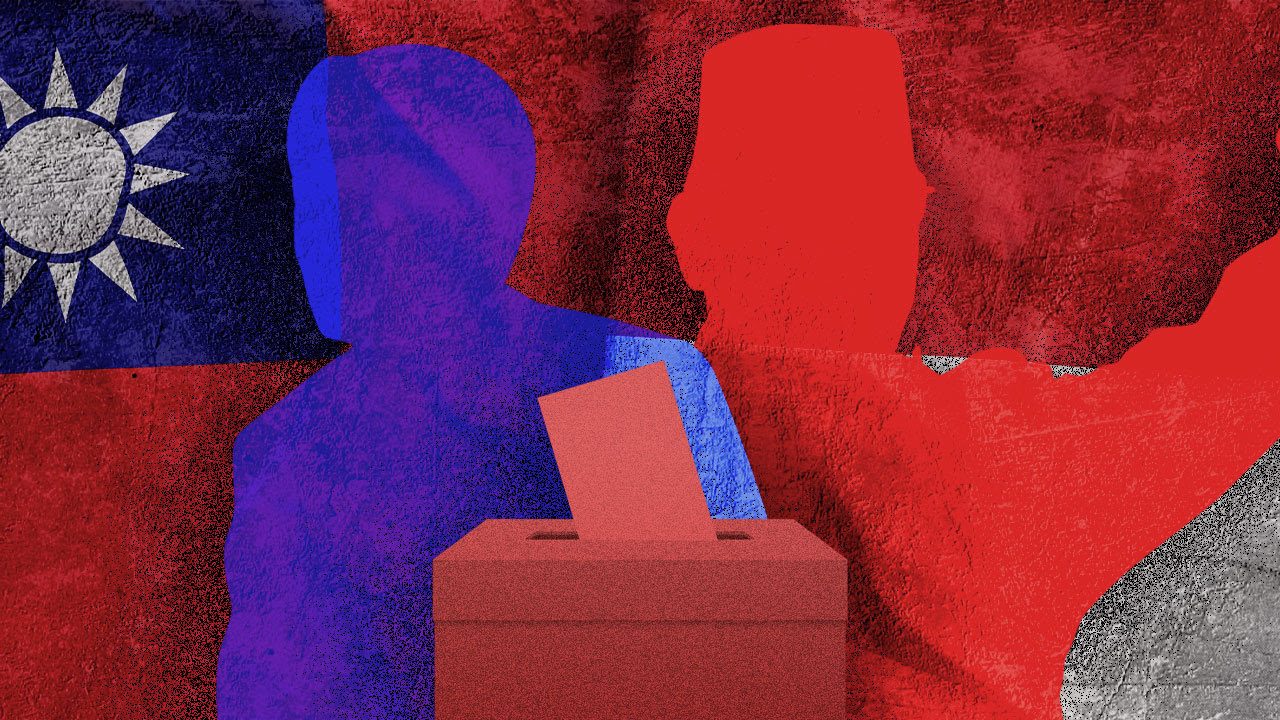
About four hours after the polls closed in Taiwan’s presidential election on January 13, the country knew who the winner was. Lai Ching-te of the pro-sovereignty Democratic Progressive Party (DPP) consistently led the count, a tight race which many parts of the world closely watched. The DPP achieved an unprecedented feat: it is the first time a political party in Taiwan is given a third presidential term.
The two opposition candidates – Hou Yu-ih of the Kuomintang (KMT) and Ko Wen-je of the Taiwan People’s Party (TPP) – immediately conceded defeat, their speeches civil. Hou told his supporters he was sorry for letting them down.
Lai will assume office in May and lead the nation at a time of heightened geopolitical tension as Taiwan remains under serious threat from China. The Taiwan Affairs Office of China said the election result cannot halt “the unstoppable trend of the eventual reunification of the motherland.”
On the domestic front, the DPP failed to garner a majority in the parliament. This is expected to lead to gridlocks especially in getting the greenlight to fund an increase in defense spending, a vital part of the DPP’s strategy of building a credible deterrence.
Taiwan is a young democracy, having had their first direct presidential election only in 1996, after more than three decades of martial law which ended in 1987. Some in Taiwan have said they were inspired by the Philippines’ 1986 popular revolt which ousted the dictator, Ferdinand Marcos, and his family.
Majority of the citizens in the territory that China wants so badly no longer view themselves as Chinese. More than 60% consider themselves Taiwanese, imbued with the values of democracy and their own sense of nationhood.
Lai said during the campaign that there was “no need to declare independence, because Taiwan is already an independent sovereign state – its name is the Republic of China – Taiwan.” He framed the elections as a choice between “democracy and autocracy” but China said it was a “peace and war” election. That’s going to be four years on the helm, for Lai, to uphold democracy and keep the peace.
As DPP’s Vincent Chao, head of international affairs, told me, Lai will continue the status quo and steer away from provoking its authoritarian neighbor. Watch the interview here.
Battle for memory in Indonesia
The biggest country in Southeast Asia and the world’s third-largest democracy, Indonesia, will cast its vote in a first round for a new president on Valentine’s Day. The front-runner is Defense Minister Prabowo Subianto, a retired general with a tainted past. He was reported to have been dismissed from the military amid allegations of human rights abuses, was once exiled to Jordan, and banned from traveling to the US.
But he has since rehabilitated himself, helped in part by politicians who took him off the dustbin of history. In 2009, former president Megawati Sukarnoputri chose him as her running mate when she ran for re-election. While they both lost, this marked the beginning of Prabowo’s return. Twice, in 2014 and 2019, he made a bid for the presidency but lost.
It was after the second defeat that President Joko Widodo, known as Jokowi, appointed Prabowo defense minister. It was Jokowi’s way of co-opting his political rival.
Around this time, Prabowo’s tarred human rights record was receding in the public memory, Burhanuddin Muhtadi, a political science professor at the Islamic State University, said in a recent forum in Singapore. I asked him why. “The youth, those born after Reformasi, forgot about Prabowo’s human rights record,” he replied.
Reformasi or Reformation was a vital era in Indonesia that began after President Suharto resigned in 1998, marking the end of his 32-year dictatorship. It was known as one of the most brutal and corrupt in the 20th century.
Prabowo was then Suharto’s son-in-law but his marriage to the authoritarian ruler’s daughter ended in 1998. He was also an officer and later commander of the Army’s Special Forces, which was known for abuses committed in East Timor.
Muhtadi also said that Prabowo has successfully rebranded himself as a cool grandpa. As The Guardian reported: “At campaign events, Prabowo, 72, has wiggled his hips and waved his arms around – moves captured in viral videos on TikTok, where users call him ‘gemoy,’ meaning cute. On Instagram, his account shows him snuggling and kissing his cat, and posing with his hand in a love heart gesture.”
More fundamentally, though, the rise of Prabowo points to a flaw in Indonesia’s education curriculum. “This shows the failure to teach history to the young,” Julia Lau, an Indonesian expert at the Institute of Southeast Asian Studies (ISEAS), said in the Singapore forum.
The similarity between the Philippines and Indonesia, particularly in the rehabilitation of Prabowo and President Marcos, is striking. Not only that. The eldest son of Jokowi, the 36-year old Gibran Rakabuming Raka, is Prabowo’s running mate. Another son was named chair of a youth party while his son-in-law is mayor of Medan. The dynasty starts from the top.
At the forum organized by the ISEAS, Yanuar Nugroho, former deputy chief of staff to Jokowi, said in jest that Indonesia is the only country in the world where the president’s family is deep in politics. I remarked that the Philippines can match and even outdo Indonesia: Marcos’s son is in Congress, his sister is in the Senate, a nephew is governor of Ilocos Norte, and his first cousin is speaker of the House of Representatives. We laughed about it – but the joke wasn’t lost on the Indonesians and Filipinos in the conference.
The politics of memory and dynasties runs deep in these two countries, disturbing phenomena that we need to confront.
Let me know what you think. Email me at marites.vitug@rappler.com. – Rappler.com
1 comment
How does this make you feel?
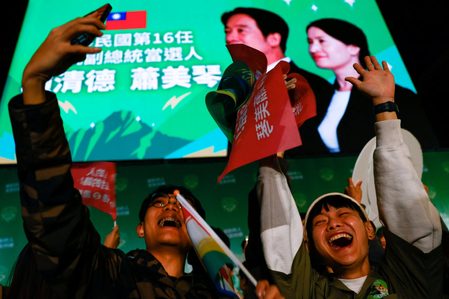

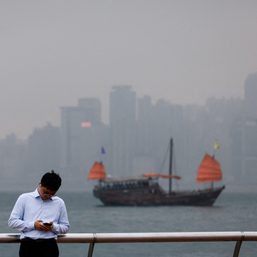
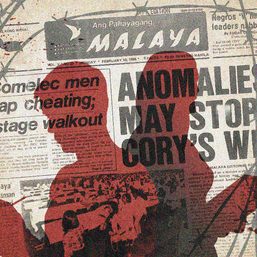
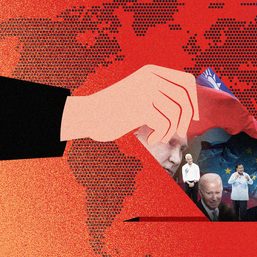
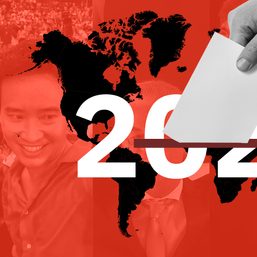
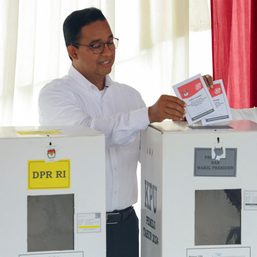
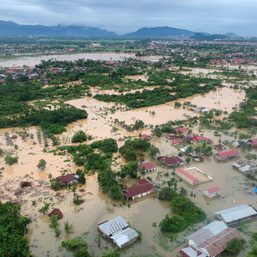
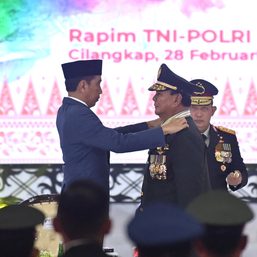
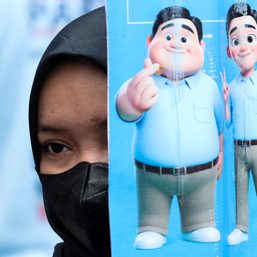
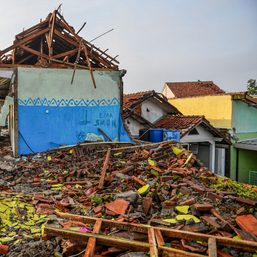
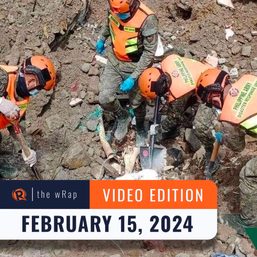
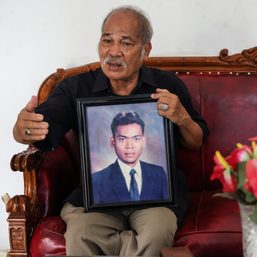
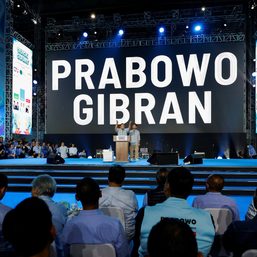
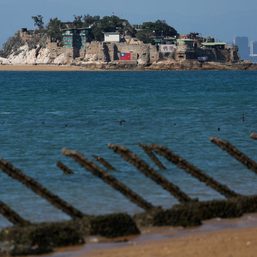
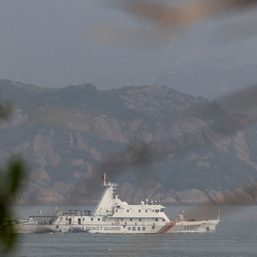


Almost missed this article.
That piece on Indonesia is quite revealing. It’s as if I was reading about…the Philippines.